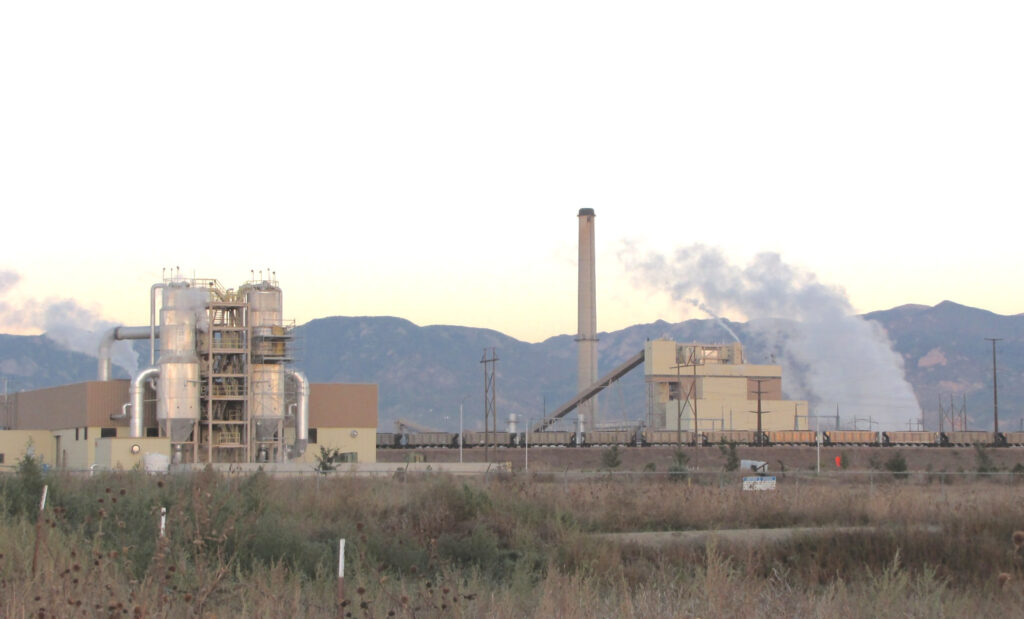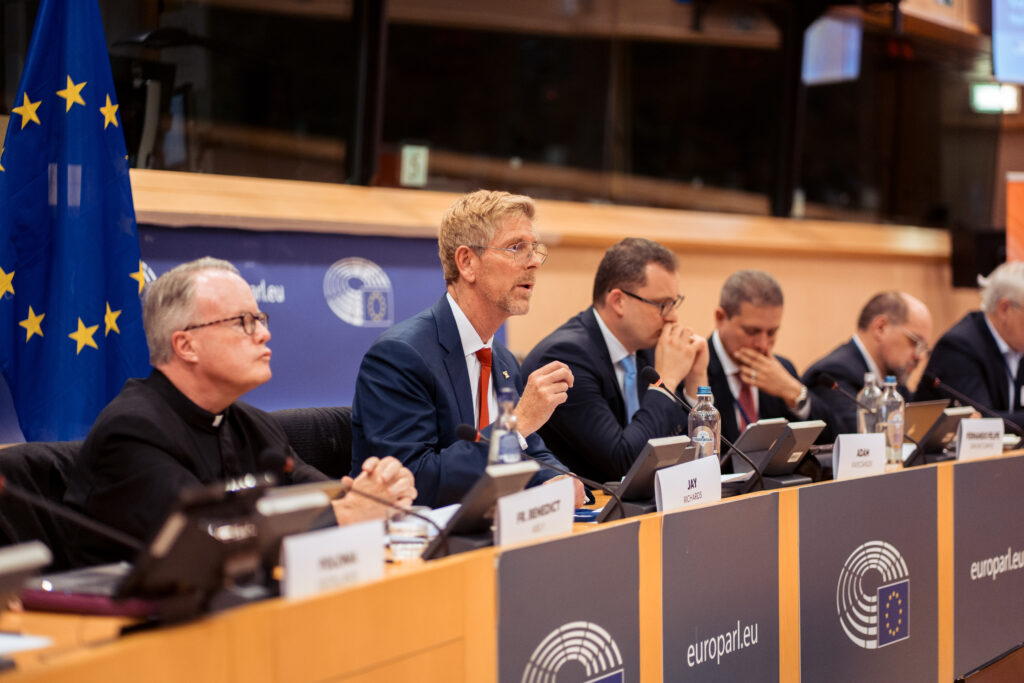An article in last week’s British paper, The Telegraph, claimed that the IPCC had made yet another significant mistake – this time overstating the sensitivity of the Amazon rainforest to drought. It turns out that the article severely misrepresented the state of the science. While that one very dry year did not produce the kind of vegetation changes detectible by satellite imagery, it did, in fact, kill a number of trees, turning the rainforest from a “sink” that absorbed 2 billion tons of CO2, to a “source” of even more CO2 from the resulting number of dead trees. The culpa for an initial post to Desmogblog, taking the IPCC to task, is exclusively mea. The correct narrative of the rainforest’s vulnerability to severe drought comes courtesy of the scientists at Realclimate.
Subscribe to our newsletter
Stay up to date with DeSmog news and alerts





